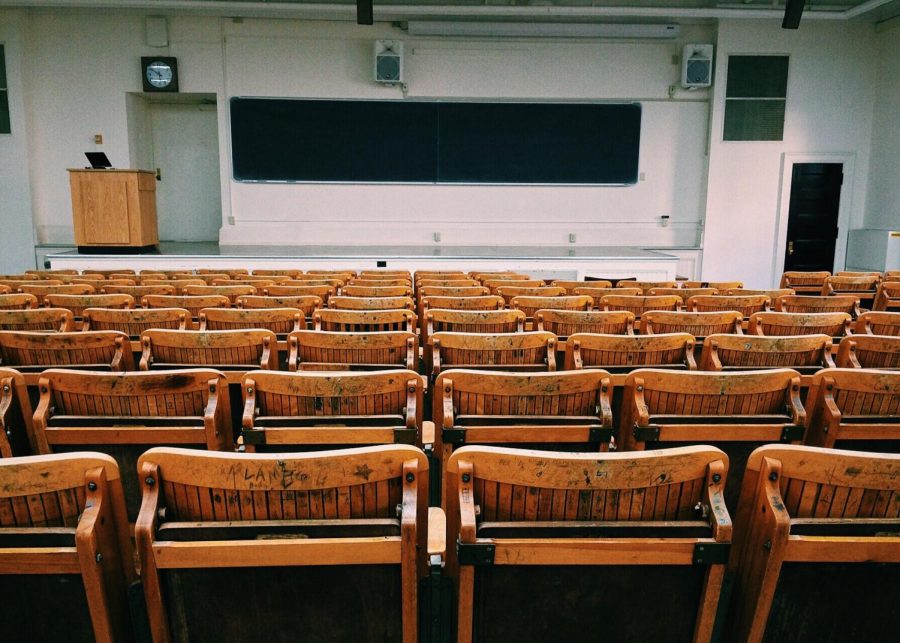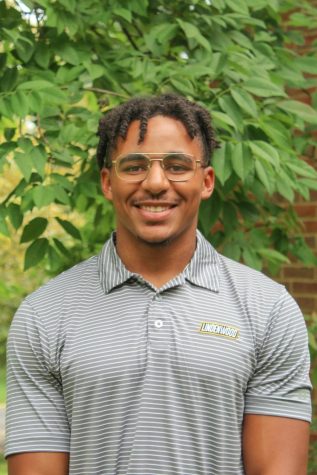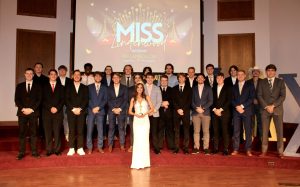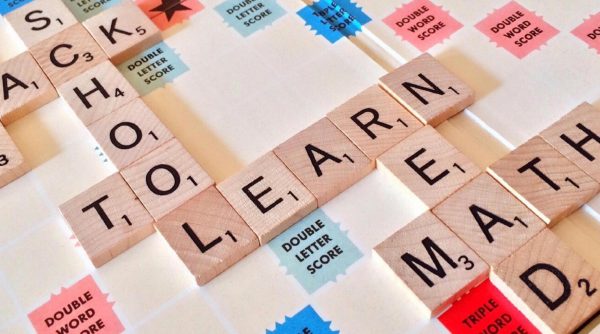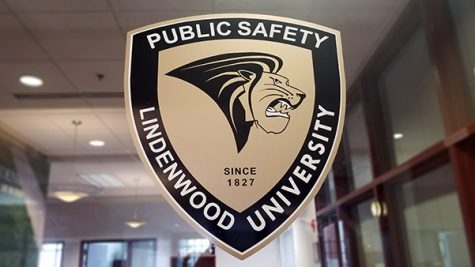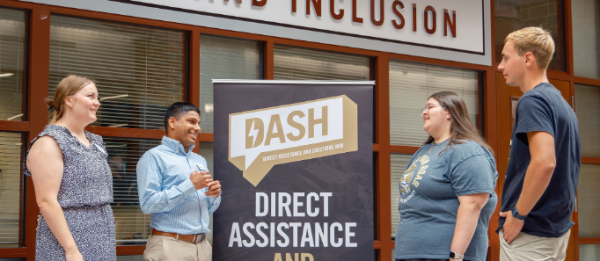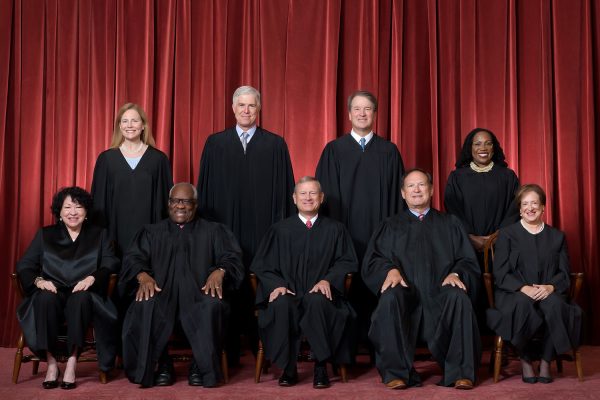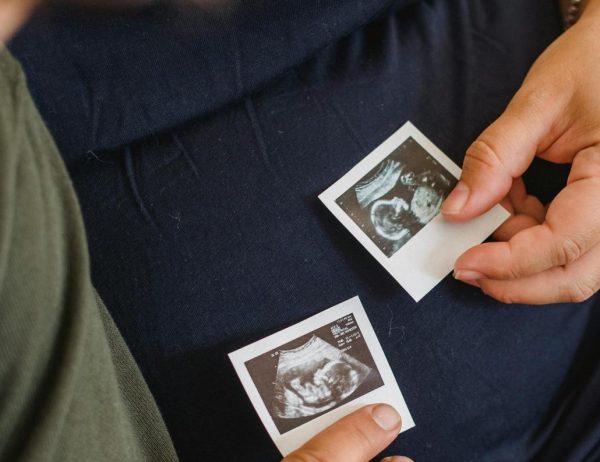Cheating increases in online classrooms due to pandemic, professors say
Photo by Pexels
Professors at institutions across the country say students have been cheating since the pan-demic, but Lindenwood administrators aren’t sure that the trend has affected classes on campus.
November 8, 2020
Professors at institutions across the country say students have been cheating since the pandemic, but Lindenwood administrators aren’t sure that the trend has affected classes on campus.
Now that classes have been moved to online due to the pandemic, it opens a door for students to take exams outside of the classroom. This causes an easy avenue towards using the internet or their textbooks.
Associate provost Erin Mann said in an email that students who cheat are less likely to learn the material in their courses, making them less effective employees and citizens.
“That can have the effect of damaging the Lindenwood degree’s reputation for everyone, not just students who are dishonest,” Mann said.
According to The Chronicle of Higher Education, when the COVID-19 virus pushed courses online, some instructors found cheating from their students to increase. Students tend to cheat because of the stress and disconnection.
“I understand that students are in a very difficult situation this semester, and often I think students cheat or cut corners when they’re under pressure or confused,” Mann said. “I’m certain that not all dishonesty that occurs is caught, and not all dishonesty that’s caught is reported,”
Scott Richmond, an associate professor of exercise science, and the program director for the master of science in health sciences at Lindenwood University, said that the school is doing a good job trying to provide techniques, opportunities, and resources to help minimize cheating. Instead of short answered quizzes online, some classes provide one minute answers where students would have to record themselves.
“In my classes, at least, no-one has been optic in cheating or anything that’s identifiable as cheating,” Richmond said. “In some of the classes where I have take-home exams, students are allowed to use different resources, one thing we ask is not to communicate with others.”
According to the Kansas City Star, the University of Missouri reported 150 students were caught cheating on their exams in online classes. Justin Walensky, an associate professor of the Chemistry department at the University of Missouri Columbia, said that the increase of students cheating in his class has remained at a steady pace this semester.
Anna Harris, an associate professor of mathematics and computer Science at the University of Arkansas Pine Bluff, said that it’s difficult for students to cheat in her class, especially since it’s a hybrid course.
“For the exams, they’re open response questions. The students are required to show their work and turn it in,” Harris said.
Students who cheat at Lindenwodd will face different punishments based on how often they’re caught.
For a first offense by an undergraduate at Lindenwood University, students are penalized by their instructor and required to complete and pay for an online honesty tutorial. The second offense, the student fails the class and is required to sign an integrity contact. For the last offense, they will face expulsion. As for graduate students, they are expelled after the second offense.



